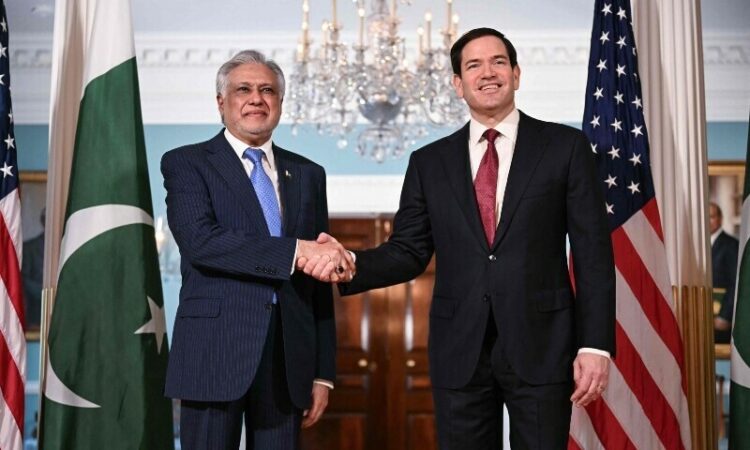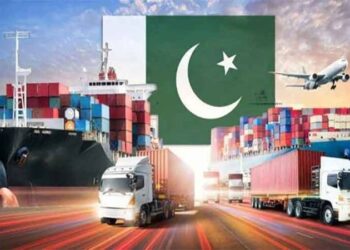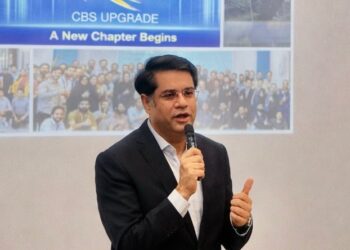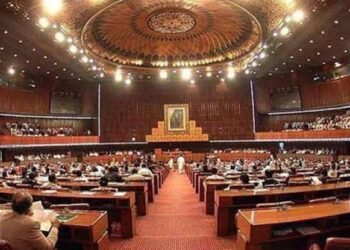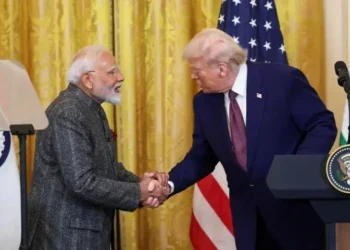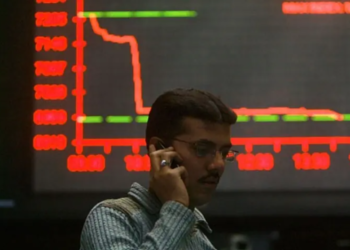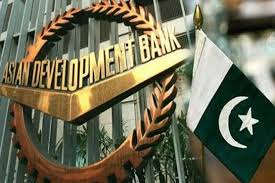ISLAMABAD (Web-Desk); Pakistan and the United States are actively engaged in high-level negotiations to finalise a trade agreement before a critical August deadline, with tariff discussions at the heart of the ongoing dialogue.
The latest interaction took place on Monday, marking the second engagement in just three days, following a meeting between Deputy Prime Minister and Foreign Minister Ishaq Dar and US Secretary of State Marco Rubio in Washington on July 25.
In a statement issued by the Foreign Office, it was confirmed that Dar held a follow-up telephone conversation with Secretary Rubio to review progress on key bilateral issues, particularly the looming tariffs, along with regional and global developments of mutual interest.
Tariffs initially scheduled for implementation this month have been postponed until August, allowing both sides a limited window to strike a mutually beneficial deal. The urgency stems from the fact that the United States remains Pakistan’s largest export destination, accounting for nearly $5 billion in annual trade.
In a parallel development, the Ministry of Finance confirmed that Finance Minister Muhammad Aurangzeb has embarked on a visit to the United States to help accelerate and conclude the trade talks. His trip is expected to focus on finalising the Pakistan-US Trade Dialogue, aimed at fostering stronger economic cooperation.
“Robust trade and economic relations are a cornerstone of Pakistan-US ties,” the finance ministry noted. “With the US being Pakistan’s largest trading partner, Islamabad is keen to expand the partnership into emerging sectors.”
Officials said there is substantial potential for collaboration in key areas such as information technology, mineral development, and agriculture. Pakistan has also proposed boosting imports of American cotton and soybeans — a strategic move, given that Pakistan is the second-largest buyer of US cotton in South Asia, after China.
Initially, Islamabad had hoped to conclude the agreement by early July, but negotiations have moved at a slower pace than expected. With time running out, both countries are now under pressure to finalise terms before the deferral on tariffs expires next month.




















































